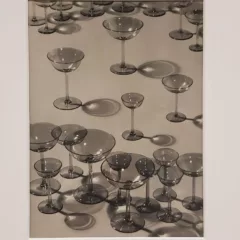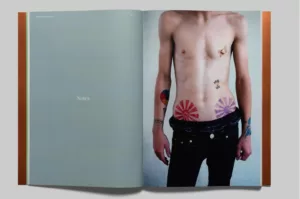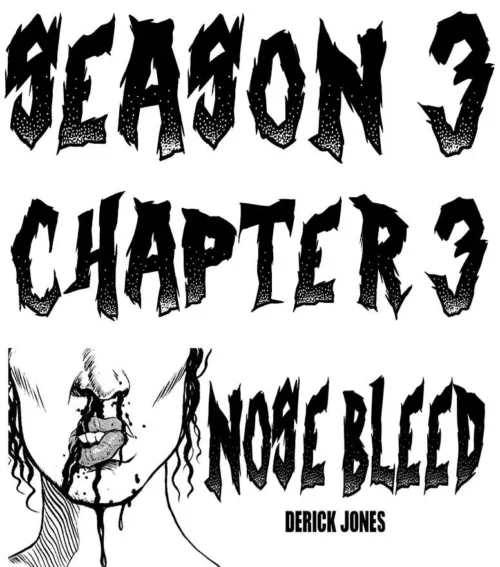[Evan shares his memories of photographer Mary Ellen Mark, who passed away last week. — the artblog editors]
Mary Ellen Mark, humanist photographer and one of the most compelling visual storytellers of her generation, died last Monday in Manhattan. She was 75. I had the privilege of working with Mary Ellen, first as an intern and then as an assistant. However brief my window into her life was, it was enough to be deeply changed by the palpable energy of an artist forever in her prime.
Uninterrupted focus
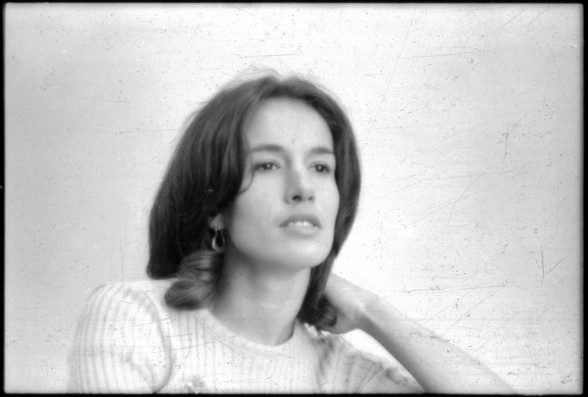
There are certain forces that exist in the world that do not move and shift with their surroundings, but rather change them. Mary Ellen Mark, in her life and work, was such a power, wielding a monolithic strength of will and a cavernous sensitivity to the life existing within all of her subjects.
These two discernable traits come through clearly in her photographs, and as I found out, in her everyday life. One of the more memorable experiences I had with Mary Ellen came on a day-long shoot in north Philadelphia back in 2013, when she was shooting at a school for a project involving the Honickman Learning Center and Project H.O.M.E. The week prior, while teaching her annual workshop in Oaxaca, Mexico, she fell on the street and dislocated her shoulder. As a result, she had to shoot one-handed with a sling, using an autofocus lens rather than her preferred manual-focus rangefinder. This became too cumbersome, so she tore off the sling and shot through the pain. While this wasn’t the medically appropriate option, there was no one who would risk getting in her way.
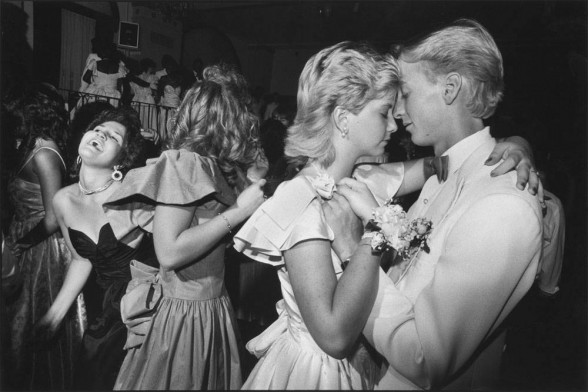
Then there was the day I assisted her as she photographed at the West Indian Day Parade in Brooklyn; she darted through the crowds and floats so nimbly I could barely keep up. The same year, I was with her during her Halloween workshop. I will never forget seeing her interact with subjects around town, exuding a confidence that made them instantly comfortable. In her spacious SoHo loft studio, daily interactions were a mixture of endless planning and coordination. In between running workshops in Iceland and Mexico, as well as actively shooting commissions and personal projects, she still found time to catch up with me and the other young interns.
Profound empathy
To remember someone like Mary Ellen, who exerts such enormous influence over their medium and the world at large, is no great challenge. Through her camera, we see the unfamiliar world and its inhabitants in ways that we seldom see our closest friends–a proximity reserved for the most intimate of moments. I’ve written about the falseness of proximity felt through images before, and I retain that belief. What separates Mary Ellen’s work is the empathy that her work has wrought, which trickles down from her own experiences. They make us feel human. They even make us act more human.
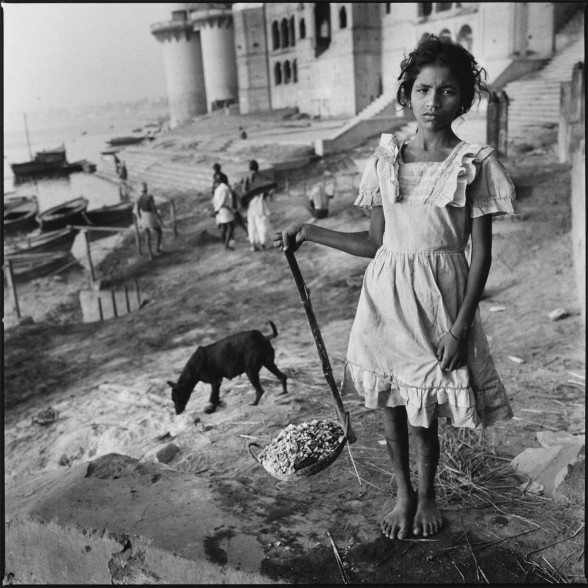
Her pictures, purveyors of endless inspiration, came into my life through my dad. As I grew, so did my understanding of the empathy and sensitivity they contained. Few people are capable of unraveling the barriers of age, sex, culture, and emotion as Mary Ellen could, finding warmth where there was enmity. Her photographs found glimmers of life in the burning ghats of India; serenity in the confines of a mental institution in Oregon; and solidarity after trauma in the brothels of Bombay.
Mary Ellen had strong ties to Philadelphia. She grew up in Elkins Park, earned her undergraduate and graduate degrees from the University of Pennsylvania, and hung solo shows at the Philadelphia Museum of Art in 2010 and 2012.
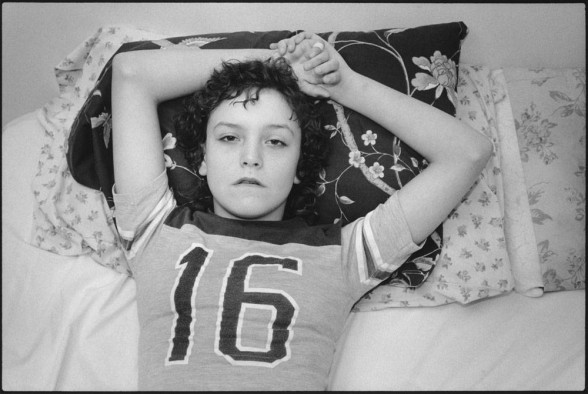
In her 1984 monograph Streetwise, accompanied by husband Martin Bell’s documentary film of the same name, the two revealed the realities of everyday life for kids living on the street in Seattle. Here, Mary Ellen found lifelong friendship in Tiny, then a 14-year-old prostitute. It is only fitting, then, that Mary Ellen’s final contribution to photography will be Tiny: Streetwise Revisited, an examination of Tiny and the children from Streetwise since the original project, and up through 2014. The exhibition and publication will premiere in fall 2015.
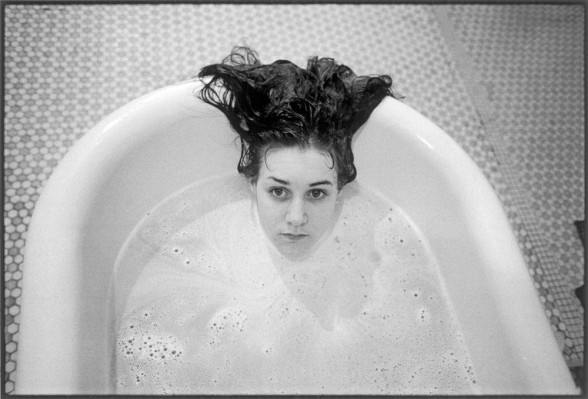
Rarely are our idealizations of an individual based on the quality of their endeavors found to be true; even more rarely are they exceeded. In person I came to know Mary Ellen as someone who could live 1,000 years and still feel they had not finished working. Wrapped up inside a fearless and unswerving firecracker, she was indomitable in the face of a changing industry and world. Her kindness toward me and countless other aspiring and uninitiated photographers made my time working in her studio as an intern and assistant a transformative and indelible joy.
At a certain point, language can become ineffective when describing the visceral impact of an artist and their work. To take time with Mary Ellen Mark’s images is to take time with the world, and in doing so, to find something new.


